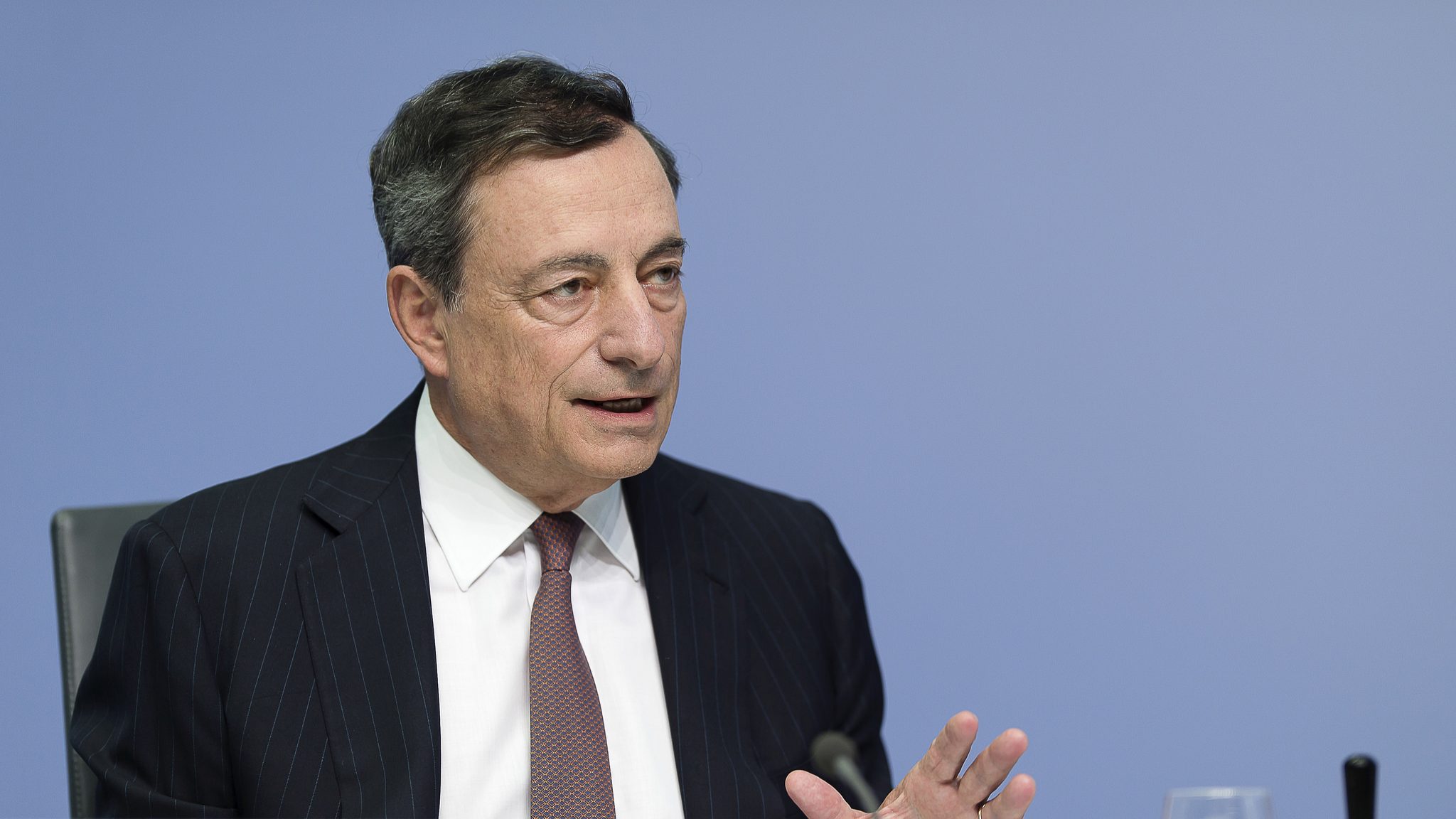In 2016, ECB “owed” Portugal four billion euros
ECB's purchases of Portuguese debt fell four billion euros below the goal it had set. Even so, the cost of the debt decreased, in a year when Treasury bills costed 0.02%.
In 2016, the European Central Bank (ECB) purchased four billion euros of Portuguese bonds less than what was foreseen in the Euro Area public debt acquisition programme. Yet, if they had complied rigorously with the monthly 1.6 billion euros’ purchases, ECB would have run out of Portuguese securities before the end of the year.
The annual report from IGCP (Portuguese Treasury and Debt Management Agency) explains the difficulties in managing the plan to contain Portugal’s risk in the markets. That management got harder in the last months of 2016 when ECB started decreasing their purchases, motivating the fear of a “dry spell” in the Portuguese market.
“As for Portugal, the restriction would start being enforced possibly before the end of 2016, if ECB continued to purchase Treasury bonds at the predicted rhythm”, is IGCP’s estimate. “For this reason, ECB began to purchase less bonds in the secondary market in April 2016, having acquired four billion euros less than what had been predicted, according to the capital key“, the agency headed by Cristina Casalinho states, adding that Portugal was one of the countries which was more “affected” by these restrictions.
Regardless of ECB’s absence during 2016, IGCP was able to decrease the debt costs for the Portuguese State. On December 20, 2016, the market value of the State’s overall direct debt portfolio was 244.48 billion euros. The average interest rate for that indebtedness decreased slightly from 1.91% in comparison to 2015 (1.93%); in 2014, it was 1.75%.
Treasury bills issued throughout 2016 were very important in decreasing the indebtedness costs. IGCP raised over 16 billions in short-term securities, for which it paid a marginal rate of 0.02% — almost 0%. The last auctions were almost entirely performed with negative interests.




